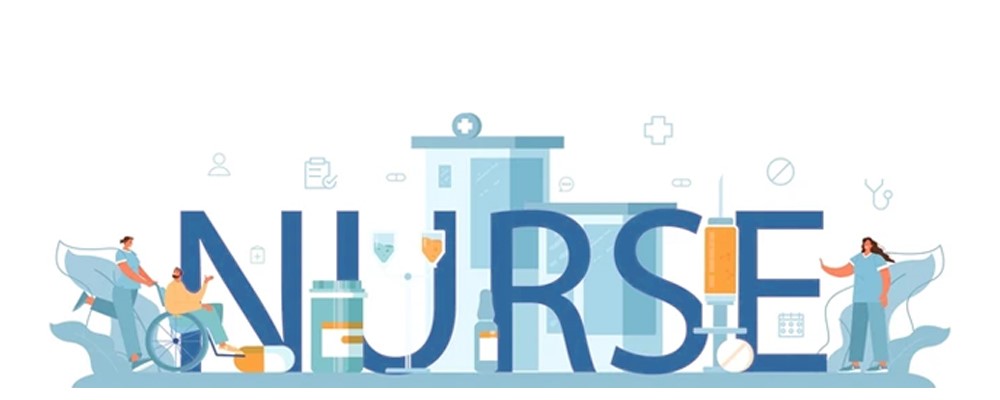Our Blogs


Should know about Nursing study & career overviews
Round 1-A for Registration / Payment Choice filling & locking is from 24th September 2022 to 27th September 2022 and result will be announced on 28th September 2022.
In the healthcare industry, nurses are essential. They also serve as an essential connector between a doctor and a patient. They work to prevent diseases, help patients manage illnesses, and develop well-being and health. Nursing staff observes, evaluates, and makes sure that patients are properly maintained, whereas doctors can only diagnose illness and administer treatment.
An Introduction to Nurse Discipline
Nursing is a field of allied health science that deals with patient assistance and treating patients who are ill or injured. Nurses strive to patient’s requirements, focus on providing emotional support, and inform the public about health issues. As registered nurses, humans can continue to help humanity by pursuing a variety of nursing careers. Moreover, professionals in this area may choose to concentrate on providing care for a particular patient population, such as newborns, rehab patients, or critical care patients.In the 21st century, nursing serves as a connecting thread for the patient's entire medical journey. It is a profession where the application of medical science to patient care is required. A nurse's routine tasks also include giving out medications, keeping track of a patient's medical records, and operating medical equipment.
About B.Sc. Nursing
B.Sc. Nursing is a 4-year bachelor's programme that can be started after +2 class achievement. The primary goal of the course is to help students acquire the knowledge and abilities necessary to succeed as nurses. Additionally, the course helps students develop a deep understanding of nursing care as well as some problem-solving qualities.The B.Sc. Nursing programme is designed to impart the student's competence, ethics, and the best structure for nursing. The B.Sc. nursing students receive training in applying nursing techniques to patient care. The major component of nursing as a profession is the development of compassionate and empathetic mindsets, which the course also fosters in its nursing students.
Eligibility for B.Sc. Nursing
Students may apply for the B.Sc. nursing programme if they’ve obtained a decent score in English, Physics, Chemistry, and Biology from a recognized board with a minimum academic achievement of 50% in each of these subjects.
Admission Procedures
Students who want to enroll in the B.Sc. Nursing programme have two options for achieving this goal. Admission based on merit is the first, and direct admission processes are the second.
1. Merit Admissions
After passing the exam, students must go through counselling to obtain admission to the B.Sc. Nursing programme. The primary goal of conducting counselling is to separate the qualified and deserving candidates from the group of insincerely qualified candidates. The government sets reasonable and upfront fees for merit seats.
2. Direct Admissions
Another option for students to enroll in the B.Sc. Nursing programme is direct admission. Under this system, students can receive a management quota for direct admission to colleges. The main advantage of this admissions method is that there are no entrance exams or counselling processes that students must apply for or go through. The best aspect of direct admission is that students can select the colleges they want to attend to pursue a B.Sc. in nursing degree. Direct admission students enjoy special privileges that allow them to select their colleges even before the start of the academic year. Students with questions about direct admissions can get in touch with government-registered educational institution like Cheran College of Nursing
What do the B.Sc Nursing students study?
A BSc in nursing covers a wide range of subject areas, including anatomy, community health, and child health. Some general disciplines are frequently included in this degree, though the course structure may vary from one institution to another. The major topics covered in BSc Nursing are listed in the table below:Anatomy, Sociology, Nutrition, Physiology, Biochemistry, Pathology, and Genetics, Medical-Surgical Nursing, Community Health Nursing, Microbiology, Child Health Nursing, Mental Health Nursing, Midwifery, and Obstetrical Nursing Communication and Educational Technology, Nursing Statistics, and Management of Services

Scope & Job Roles for B.Sc Nursing Students
After completing a B. Sc. in Nursing programme, one can pursue a career with extremely lucrative pay packages for both men and women. In many multi-specialty hospitals, there is an urgent need for nurses who have received specialized training in a variety of specialties. It's interesting to note that earning more money will require a higher nursing degree and more specialized training.
Major Employment Areas
Clinics, Community Health Centres, Hospitals, Defense Services, Physician Offices, Schools, Correctional Healthcare Facilities, Skilled Nursing Facilities